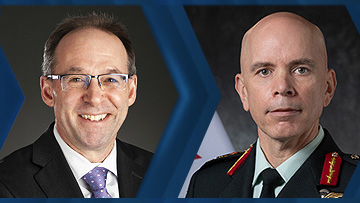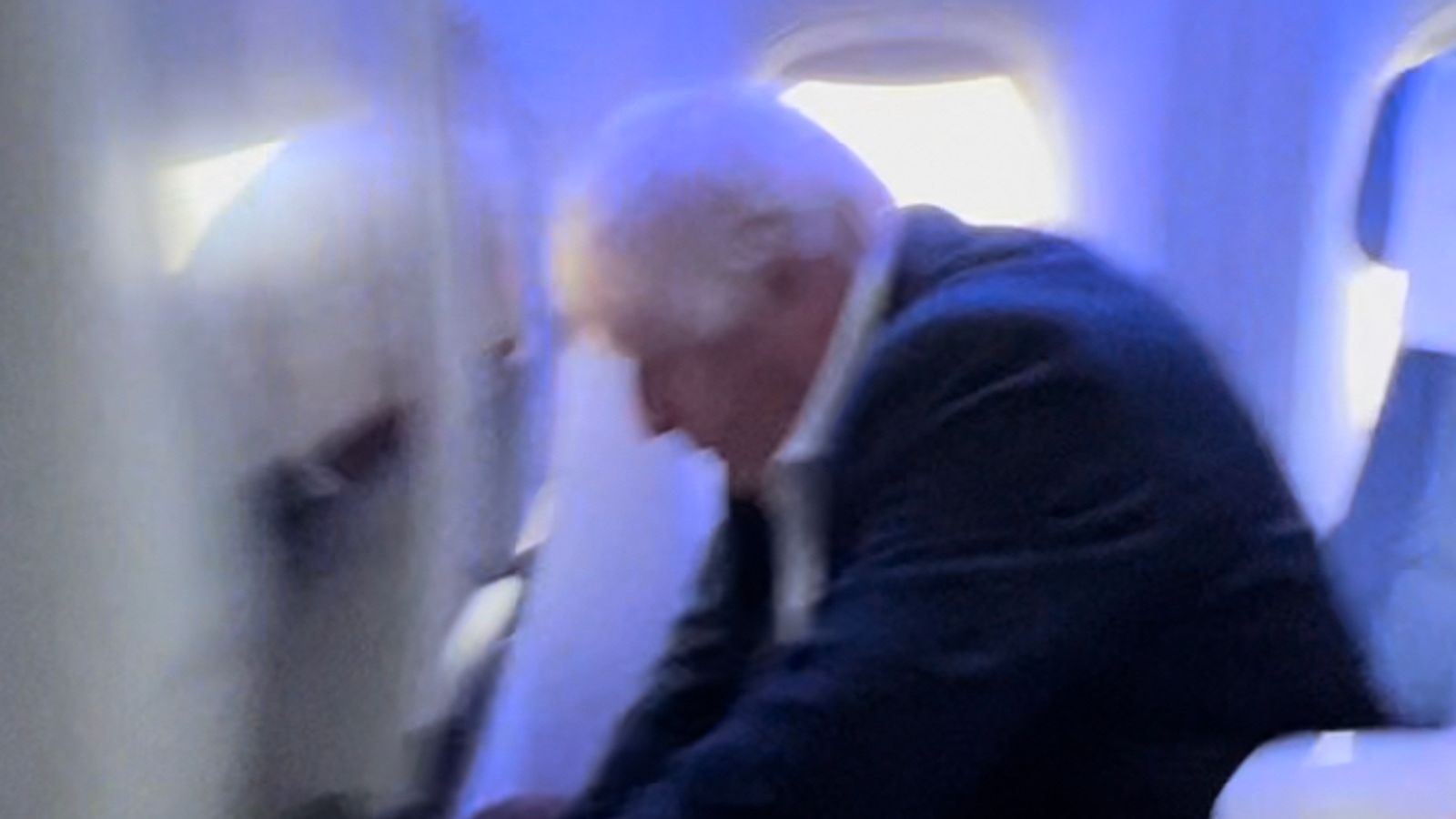Imagine if Trudeau's aircraft failed inflight.
Highly unlikely. Faults are routinely found on aircraft during pre-flight checks. We routinely fly aircraft with non-critical items non-functional. It's just a matter of context.
I believe some of the replacement fleet are being bought from the used plane lot, so old, just not as old.
A portion of the incoming Husky fleet is ex-Kuwait Airways. And they are 2015 vintage. For airliners, that's pretty youthful. And they will get far less abuse in RCAF service than airline service. Given that airliners are routinely in service for 20-30 years with carriers, there's no real worries about these planes making it to 2050 at least.
Why can’t Trudeau fly home on a commercial flight? First class on Air Canada or Air India should suffice.
1) Routing. For example, Air India takes the polar route through Russian airspace. And no airline is going to change their routing and add hours to travel time to accomodate last minute VVIP movements.
2) Availability. Just because you want a First Class or Business Class seat doesn't mean there's availability. And they would need seats for at least him, his close protection team and maybe 1-2 staffers. Airlines don't just drop their regulars because the PM wants to travel.
3) Security. And this is less about him than it is about other passengers. You would not be on a flight with a VVIP. If you end up on one, you'll be getting some of the most invasive security checks ever. And they'll probably place some restriction on movements around the cabin. It's terrible when politicians do this for optics and impose on everybody else on the aircraft.
We need an in-depth defence review. IMO, priorities should be RCN, RCAF and then the Army. The latter should be large enough to meet our NATO commitments, but not much more. But our coastline needs protection, and sea and air is the way to do it.
That review is already under way. I hope you made a submission of your opinion when the call was there for public input. There's rumours that Anita Anand was removed because she advocated for such spending. Instead the government has decided to start cutting.
As one of the largest federal departments, National Defence has an important role to play in effective and efficient government operations. Early efforts are now underway across the Defence Team to address our part in this initiative by developing spending reduction options.

www.canada.ca
There is a case to be made to shrink the army and invest more in sea and airpower. This is exactly the path the UK is pursuing. But this requires a clear articulation of a vision. And a recognition of the tradeoffs. Currently our defence policy requires the the ability to sustain at least one (reinforced battalion sized) battle group overseas continuosly and the ability to provide to provide a second battalion on a surge for another short term emergency. This results in the army having 9 infantry battalions, one tank battalion, two armoured reconnaissance battalions, 3 artillery battalions, 3 logistics battalions and 4 combat engineer regiments, and a pile of other supporting units (medical, communications, intelligence, military police, etc). The logistics and engineer regiments also provide the expertise and manpower for domestic emergency response. Often aided by communications, intelligence, medical and military police personnel, with the infantry, armoured and artillery personnel providing general labour in these situations.
So the question is what do you cut and what do you want the army to do? Rule of 3 means that 1 deployed continuously requires 2-3 units at home to sustain that commitment. One unit in workups. One in decompression. That's the minimum. So the army we have actually doesn't allow for a lot of cuts without the government making some stark foreign policy decisions that rule out substantial future commitments. For example, we would have to tell our allies that we can no longer provide any sustained presence (for example, as Canada is doing right now in Latvia as the lead of the brigade deterring Russia there). We could rejig the army to be more like the US Marine Corps. This would be more a force to respond quickly than to engage in sustained conflict. I've advocated for this in the other thread. But this means actual investment in things like amphibs and attack helicopters, as the army loses heavy assets like tanks. This is a good video to look at what different kinds of units cost:
The real question in all of that is what would our allies think? Having a quick response force is great. But only if we're willing to deploy them quickly. Allies need quick response forces that are reliable. Does our politics allow for that kind of shift? I'm not sure. And that's despite my personal preference to a lighter army.








